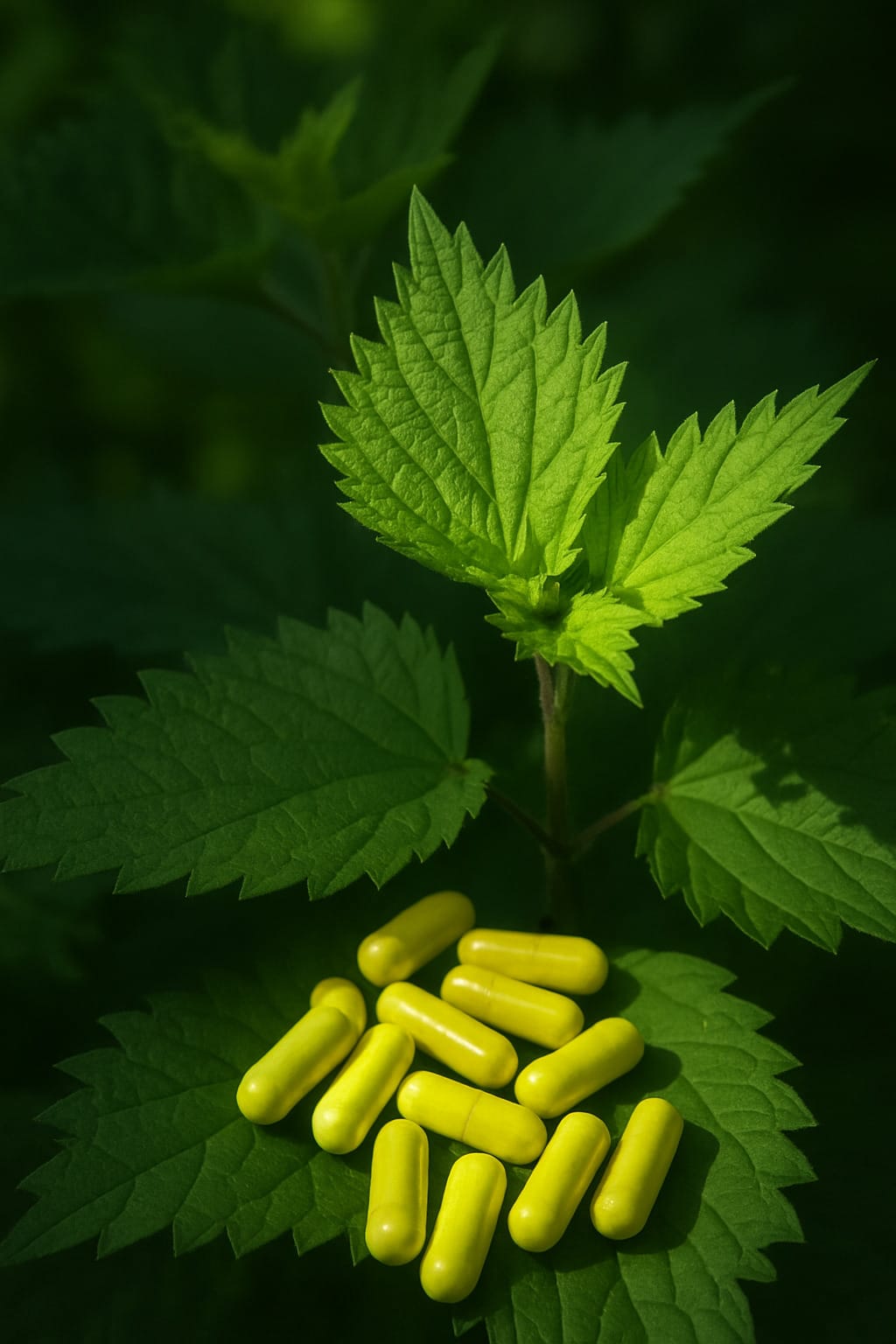If you struggle with sneezing, itchy eyes, sinus congestion or that constant run-down feeling during allergy season, you’ve probably wondered if there’s a natural way to get relief without the side effects of antihistamines. This is where quercetin comes in.
What Exactly is Quercetin?
Quercetin is a powerful plant compound (a flavonoid) found in many everyday foods: apples, onions, berries and leafy greens are some of the richest sources. It’s best known for being a strong antioxidant, helping to protect your cells from stress and inflammation.
But what makes quercetin stand out is its ability to support a calmer, more balanced immune response; making it especially valuable for allergy sufferers.
Why Can Quercetin Help with Allergies?
Allergies happen when your immune system overreacts and releases histamine — the chemical behind sneezing, itchy eyes, runny nose and congestion. Quercetin works as a natural antihistamine by stabilising mast cells (the cells that release histamine). This means fewer flare-ups and less intensity when you’re exposed to triggers like pollen, dust or animal dander.
Here’s how quercetin makes a difference:
-
Calms Histamine Release – Helps reduce sneezing, itching and congestion naturally.
-
Eases Inflammation – Soothes swelling in the airways and sinuses, supporting easier breathing.
-
Balances Immunity – Regulates the immune response instead of just shutting it down.
-
Works Effectively with Vitamin C – This combination boosts absorption and gives even greater support for allergy relief.
Nettle and Quercetin – A Perfect Pair
Quercetin can be combined with Nettle Leaf (Urtica dioica) in natural allergy formulas — and for good reason. Nettle itself contains small amounts of quercetin, along with other active compounds that further calm the histamine response and ease inflammation.
While quercetin helps to stabilise mast cells and reduce histamine release, nettle acts more like a natural antihistamine and anti-inflammatory, working on both the immune and respiratory systems. Together, they provide a more complete approach to allergy relief — targeting the root of the reaction while also soothing symptoms like nasal congestion, itchy skin and watery eyes.
This combination is particularly beneficial for those who experience seasonal allergies or hay fever, offering a gentle yet effective alternative to pharmaceutical antihistamines — without the drowsiness or dryness that often comes with them.
How to Take Quercetin
Eating more quercetin-rich foods is a great start — think apples, broccoli and berries. Many natural allergy formulas also combine quercetin with vitamin C, bromelain, or nettle for enhanced effectiveness. Supplementing quercetin can provide a more therapeutic dose, and our Naturopaths can determine the right dosage for you; including a personalised treatment plan specific to your needs.
Quercetin offers a safe, natural way to manage allergy symptoms while supporting long-term immune balance. Instead of simply masking symptoms, it works at the root of allergic reactions; helping you feel clearer and get through allergy season with ease.





